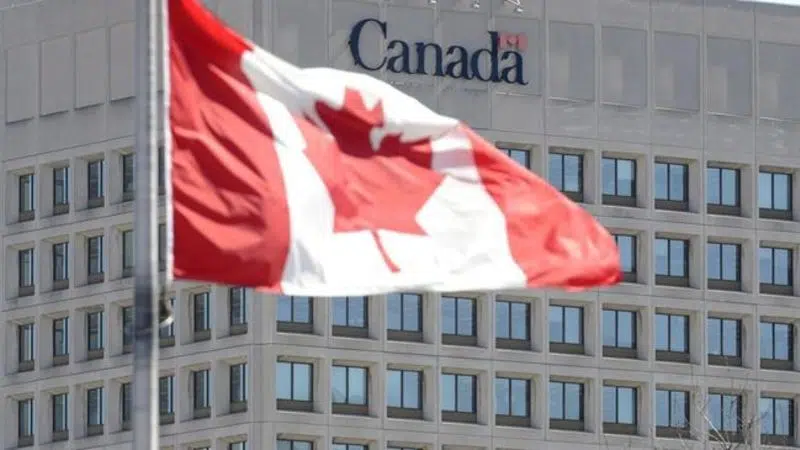
Canadian Forces reports mixed results in four-year war on sexual misconduct
OTTAWA — The Canadian military is reporting several victories in its four-year war on sexual misconduct in the ranks, but also some defeats along with signs of “fatigue” as some service members grow tired of the campaign.
The findings are contained in a new internal analysis released by the Forces on Tuesday, which sought to provide an update on the fight against inappropriate and criminal sexual behaviour in the military launched in 2015.
The analysis follows a report from the federal auditor general last fall that slammed senior commanders for not doing enough to support victims of such misconduct, which was undercutting efforts to eliminate it.


